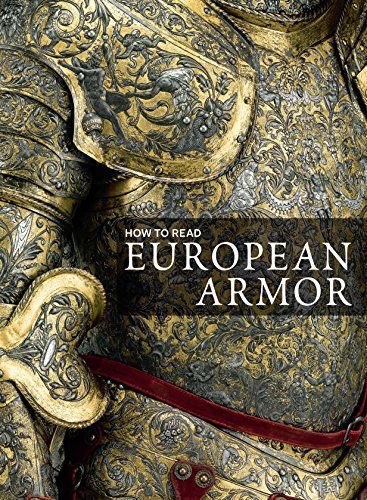
How to Read European Armor
Many of us have long been captivated by images of knights in shining armor evoking the age of chivalry and the ideals of Camelot. In this richly illustrated volume, the beauty and complexity of the actual armor worn by European knights and soldiers comes brilliantly to the fore. p.p1 {margin: 0.0px 0.0px 0.0px 0.0px; font: 14.0px Verdana} How to Read European Armor presents a compelling overview of armor in Europe from the Middle Ages through the seventeenth century, the period when armor as an art form achieved its highest levels of stylistic beauty and functional perfection. During that time, skilled armorers developed ingenious solutions for protecting the body with armor that was effective and often amazingly ornate. This volume features historically important examples of armor such as a suit made in the royal workshops of Greenwich, England, almost certainly for King Henry VIII himself; a masterfully etched work created by a famed Nuremberg armorer for Emperor Ferdinand I; and sumptuous armor for the warhorse of an Italian nobleman. The engaging text extensively examines armor's complex parts and many decorative techniques, and sets the lively historical context for how European armor thrived in the field of combat, in tournaments, and on ceremonial occasions. A book for any reader drawn to the chivalric and courtly life of Europe, How to Read European Armor highlights the many innovations of armorers who created these legendary marvels of art and technology.